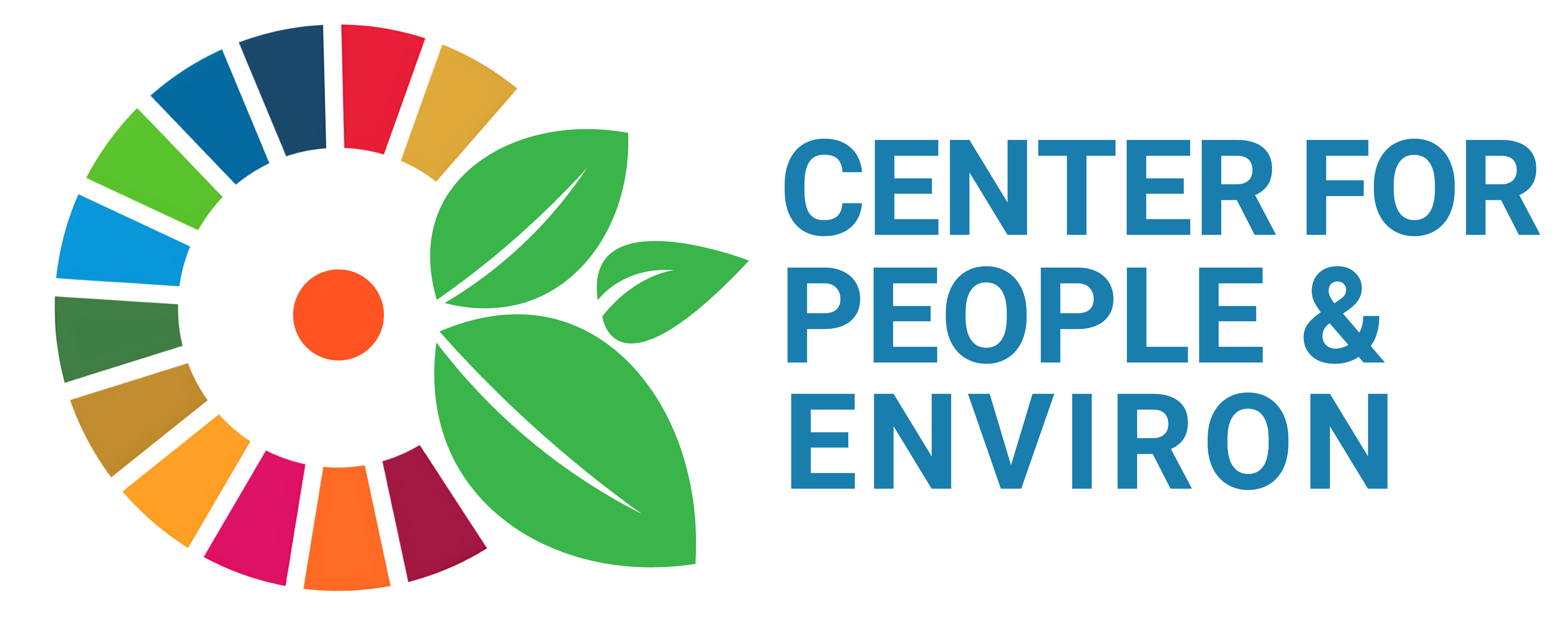Developing Climate Smart Village �
Objective of the study
The broad objective of the study is to conduct a climate-smart village approach assessment of the FHB Area Programs in Bangladesh and propose a set of recommendations in terms of climate-smart village approach initiated and implemented in different parts of Africa and Asia and South Asia continents that can be feasibly implemented by smallholder farmers/farmers groups to increase their resilience and adaptation to climate change. Specifically, the objectives of this assignment are to:
- To identify the climate-smart (indigenous and technological) agriculture practice in different agroecological zones of Bangladesh in terms of yield increases, efficiency, environmental benefits, soil quality, and consideration of gender-responsive technology, etc.
- To identify policy gaps and barriers in the promotion of climate-smart agriculture in Bangladesh.
- To provide a feasible climate-smart village model and consider environmental, ecological, and climate change legislation and policies of Bangladesh.
- To identify crops that can be grown as alternatives to the most impacted crops based on the environmental conditions, farmer livelihoods, and future climate scenarios.
- To assess which of the climate-smart village approaches (weather-smart, water-smart, carbon-smart, nitrogen-smart, energy-smart, and knowledge-smart) would be most appropriate to be implemented in the FH Bangladesh Area Programs.
- To develop the feasibility of climate-smart villages and climate-smart agriculture by analyzing existing climate vulnerability and future trends of climatic risks.
- To propose specific climate-smart agricultural technologies and practices, under the aforementioned CSV approaches, for smallholder farmers/farmers’ groups in the assessment areas aimed at productivity improvement, as well as adaptation to and/or mitigation of the effects of climate change.
- To assess farmer needs (access to inputs, training, etc.) to adopt climate-smart agricultural technologies and practices.
- To assess the present climate information service (CIS) system in Bangladesh to promote the climate-smart village and its effectiveness, best effective and viable solution for early warning message (EWM) dissemination.
- To assess the backward and forward linkage of the small farmers/farmers groups in the assessment Identify appropriate and efficient stakeholders (local/national/international) to assist the climate-smart village approach.
- To assess the environmental and social (including a gender and youth perspective) impacts of implementing the proposed climate-smart agricultural practices.
- To disseminate modern farming knowledge, and technologies among female farmers to create an ideal and women-friendly smart agricultural community.
�
Collection, review, and analysis of relevant literature related to climate change, disaster, climate adaptive livelihoods, climate-smart village, and climate-smart agriculture from national and global perspectives.
Review of documents, strategy, policies etc.
Review of CSA and CSV models
Collection, review, and analysis of long-term climate and weather data of key climate parameters to show the trends of change and disaster and its impact on natural resources, water resources, agricultural practices, food security, forestry, biodiversity, and livelihoods;
Participatory research to get actual data, perspectives, and experiential knowledge of the vulnerable households and communities on climate change, hazards, livelihoods, knowledge and skill needs, cropping patterns, social, economic, ecological, and technological situations, etc. through Household Survey (HHS)
Participatory capacity analysis of individual, household, community, and institutional levels to understand knowledge, practice, and resources to adapt to changing climate and disaster, motivation of CSV and CSA, impacts on agriculture, livelihoods, biodiversity, existing coping mechanisms, and agricultural pattern, etc. through Focus Group Discussion (FGD) and Key Informant Interview (KII)
Multi-hazard risk assessment
Soil and water quality measurement.
Heatwave and coldwave vulnerability indexing
Agricultural Water Demand
Analysis and projection of energy consumption in food production
Landscape, land use, and drainage network analysis
Social Network Analysis and Institutional mapping to understand existing statutory, customary, and non-formal institutional groups and their strengths, weaknesses, and limitations;
Construction of Inclusive Green Agriculture
Watershed assessment and management options identification
Gender, Equality, Diversity, and Inclusion(GEDI) Analysis
Climate-Smart Agriculture Identification using Crop Simulation Model (CRAFT)
�
Funded By







